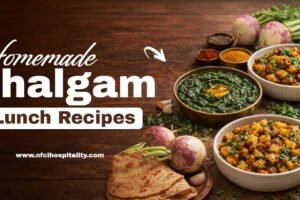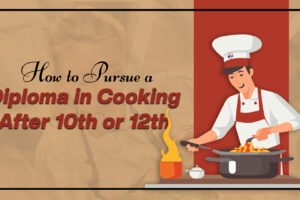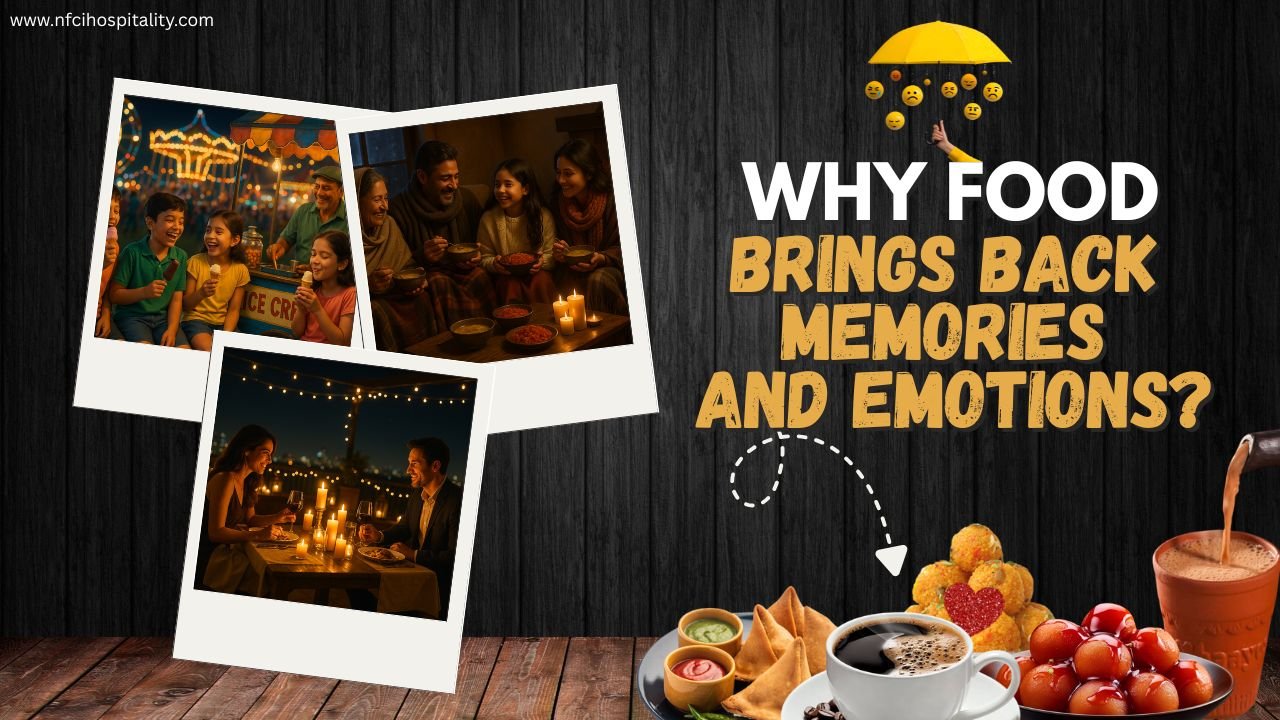
Why Food Brings Back Memories and Emotions?
Have you ever taken a bite and felt your soul drift back to the very moment you first enjoyed that dish?
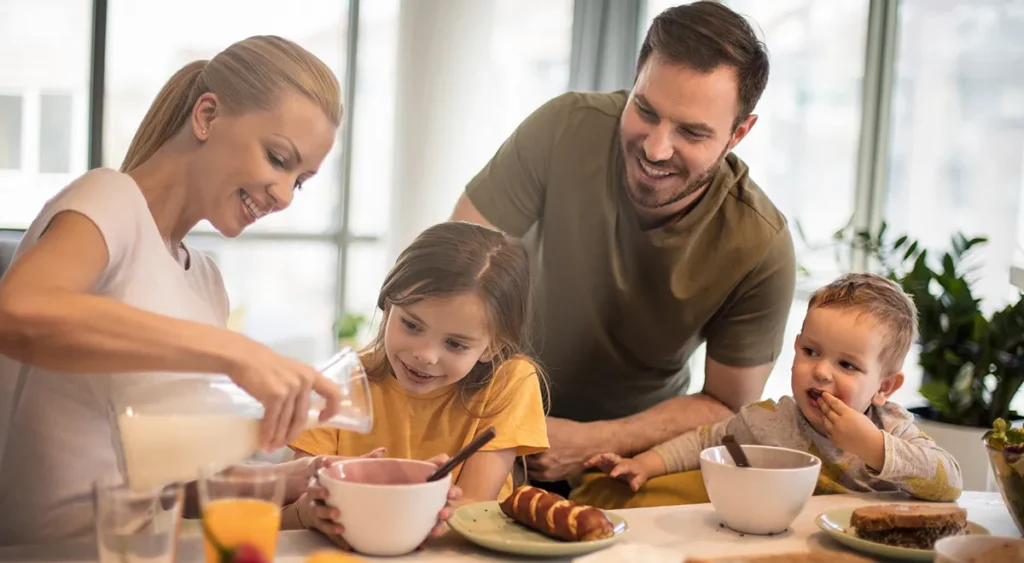
Food is never just food…
It’s a shared plate with a buddy who laughed with you,
A homemade meal from parents who now live miles away,
The sweetness of chocolates gifted by your loved one,
Or the fragrance of festive dishes that whisper stories of togetherness.
In just a moment, food doesn’t remain only food—it becomes a memory, an emotion, and a story.
But have you ever thought – why does this happen? Why does a simple bite carry such deep emotions and memories? The answer is simple. It’s the strong connection between food, memory, and emotion. In this blog, we will discover a truth behind this immense connection.
The Science Behind Food & Memory
Proust Effect
Scientists call this phenomenon the Proust Effect. It is inspired by French writer Marcel Proust, who explained how the taste of a madeleine cake dipped in tea brought back vivid childhood memories and triggered emotions.

Unlike other senses, smell and taste are directly wired to the brain’s limbic system, which controls memory and emotions. That’s why certain flavors or aromas instantly trigger vivid memories and emotions.
This explains why a bowl of dal might remind you of home, or the smell of samosas might remind you of your school canteen.
Food-Evoked Nostalgia: What Research Says
Research shows that nostalgic meals can uplift mood, reduce loneliness, and even enhance self-esteem. When people eat or even think about foods from their past, they report stronger feelings of connection, warmth, and happiness.
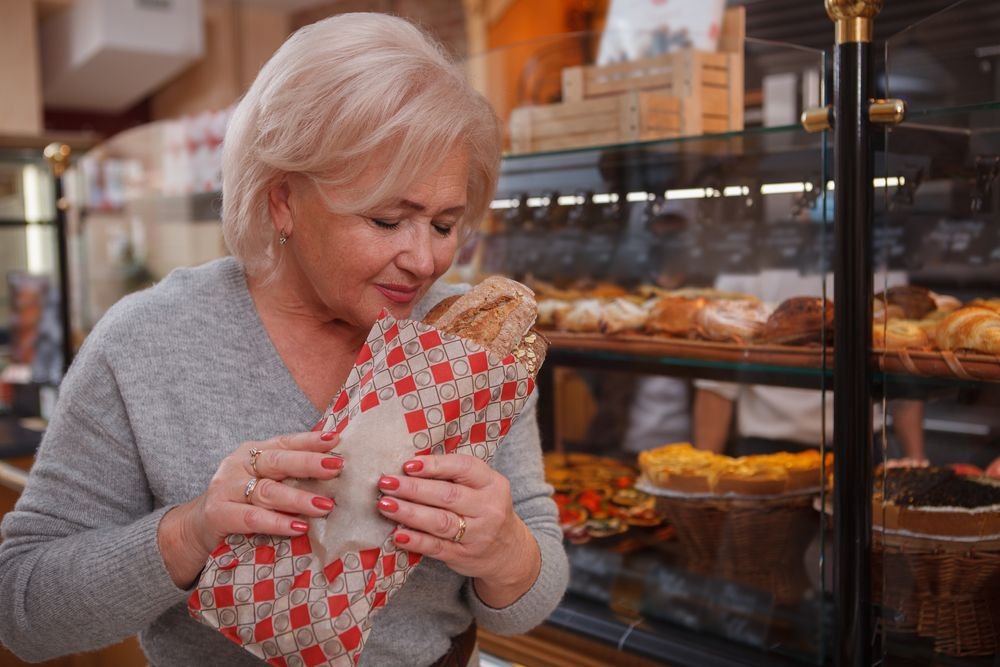
In fact, psychologists say food-evoked nostalgia is one of the most powerful forms of memory because it combines both sensory pleasure and emotional meaning. Food engages multiple senses such as taste, smell, sight, and even touch, making the memory richer. It’s called multisensory engagement.
So when you crave that childhood snack, it’s not just hunger. It’s your mind craving the comfort of a moment in time.
Chef Sanjeev Kapoor’s Heartfelt Memory
Chef Sanjeev Kapoor, known for his culinary expertise, often shares memories of his mother’s cooking. In a 2024 interview, he reminisced about his mother’s “maa ke haath ka khana,” emphasizing how these meals were not just about taste but about the love and care infused into them. He recalled dishes like rajma-chawal and kadhi, which were simple yet comforting, and how these flavors remain unmatched in their ability to evoke warmth and nostalgia.
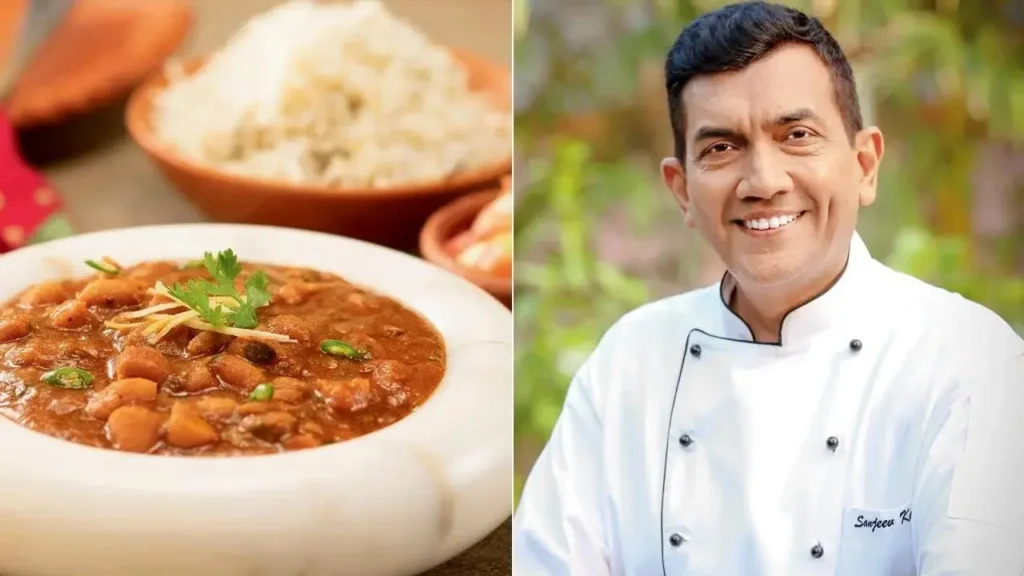
This statement aligns with the broader understanding that food, especially those prepared by special ones, carries deep emotional significance.
For many, a single bite can transport them back to happy moments, highlighting the strong connection between food and memory.
Psychological Benefits of Food Nostalgia
- Boosts mood and well-being
- Strengthens social connectedness
- Increases meaning in life
- Provides comfort
When Nostalgia Isn’t All Happy

Of course, not every food memory is joyful. Some can be bittersweet.
For example:
- A festive dish might remind someone of a loved one who is no longer around.
- Overeating during an emotional moment may leave feelings of guilt.
- Some people recall negative experiences tied to certain meals, like being forced to eat something they disliked as a child.
Psychologists also talk about “rosy retrospection” which means we often remember the past more positively than it actually was. That’s why nostalgic meal memories are often sweeter in memory than in reality.
Applications & Ideas
This connection between meal and emotion has many real-world uses:
1. In Marketing & Branding
Food companies often use nostalgia—retro packaging, traditional recipes, or cultural dishes—to appeal to customers’ emotions. A simple tagline like “just like mom made it” taps into deep emotional bonds.
2. In Personal Wellbeing
Preparing or eating nostalgic food can provide comfort during stress. Cooking a family recipe can feel like reliving a moment with loved ones, reducing loneliness and boosting mood.
3. In Storytelling & Food Writing
Writers, chefs, and bloggers use these memories to connect with audiences. Readers relate more to stories when a recipe is tied to childhood, festivals, or family.
4. For Readers Like You
Pause for a second and ask yourself: Which dish instantly takes me back to childhood? Who was with me? How did I feel at that moment?
Sharing or recreating that dish is a way of keeping those memories alive.
Final Thoughts
Food holds a special place in everyone’s heart. A single bite of meal has the power to transport us back in time. That’s the true beauty of food. It nourishes not only the body, but also the soul. Next time, you taste something familiar and feel a smile spread across your face, understand that you’re not just eating—you’re reliving a moment. A moment to remember!
Learn More with NFCI!
At the National Finishing and Cookery Institute (NFCI), we understand that food is more than cooking, it’s an art, an emotion and a career. NFCI offers culinary and hospitality programs that train students not only in professional cooking skills but also in the cultural and emotional aspects of food that make it truly special.
Why choose NFCI?
- 35+ years of excellence in culinary arts and hospitality education
- Government-approved courses
- Industry-relevant exposure
- Hands-on training with expert chefs
- 100% placement assistance in top hotels
- Pan-India presence across 21 campuses
Apply today and begin your culinary journey!


